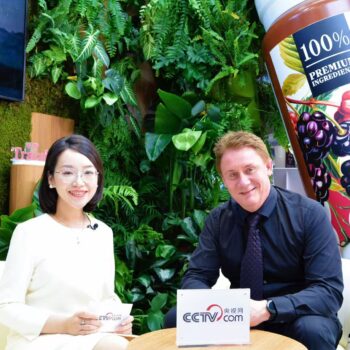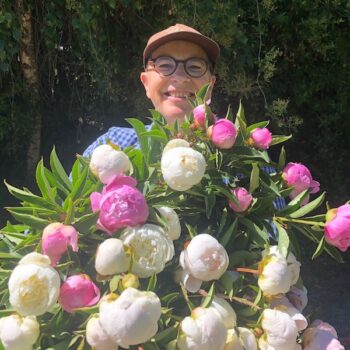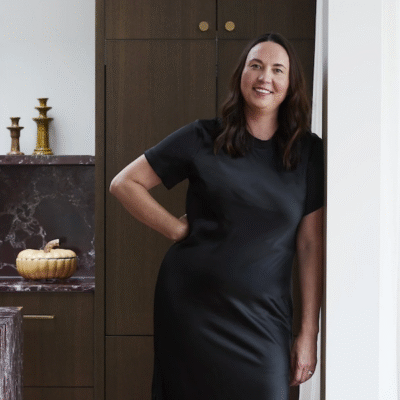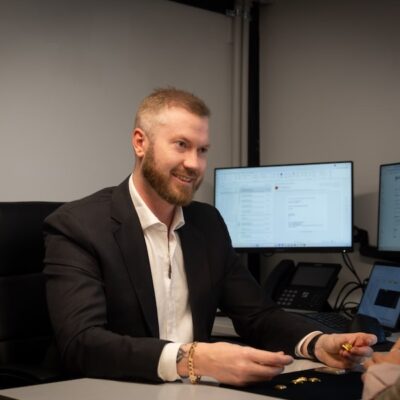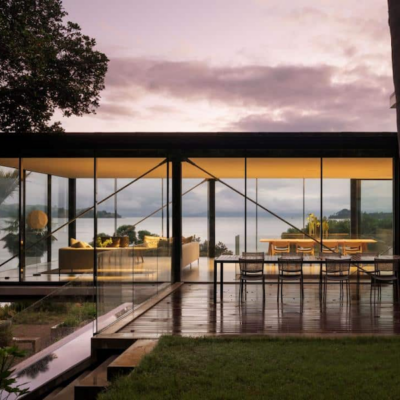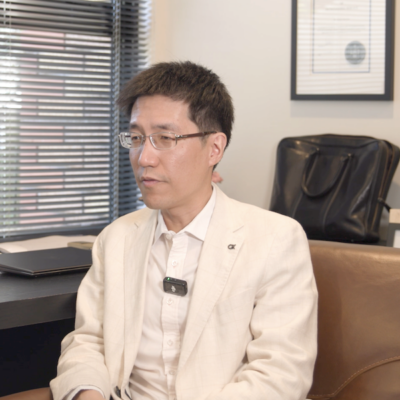Digging for success: Vertu Group’s speedy road to the top
Pictured above: Jonathon Griffiths.
While others hesitated, Jonathon Griffiths saw opportunity, Co-founding Vertu Equipment and changing the way New Zealand thinks about Chinese construction machinery. NZBusiness discovers how a bold move has positioned this growing dealership as a mainstream player in the region.
Launched at the beginning of the pandemic, Vertu Group is a bold business venture that has gone from breaking ground to leading the pack, becoming one of the fastest growing heavy machinery dealerships in Australasia, boasting a range of construction equipment, trucks and electric buses.
In just four and a half years, the Auckland-based company has moved mountains, selling over 1,000 machines, and is now laying the foundation for a sustainable future.
The company specialises in distributing high-quality, Chinese-manufactured products, including SANY excavators and SITRAK trucks and Yutong EV and Diesel buses. Each of their brands are some of the largest in the world in their respective fields.
Their head office in Mt. Wellington, Auckland, is supported by additional offices in Christchurch and Tauranga and an expanding presence in Melbourne, with about 50 staff keeping operations running smoothly.
Co-founded by Jonathon Griffiths, a Wellington-born entrepreneur, Vertu’s journey began with Jonathon’s keen eye for opportunity and the drive to “do Chinese products well”.
The Auckland University Commerce graduate, and his business partner had little experience with heavy machinery but plenty of drive to succeed. He and his business partner had been working in the property and construction industries: both of which exposed them to the critical elements of civil construction and infrastructure development and the heavy machinery that came with this.
“I was not inspired to [start the business] per-say, rather the opportunity sort of came to me. When we looked at the rapid expansion of these Chinese products, how genuinely good they are and how no one was really distributing them properly due to a perceived ‘lack of quality’, we thought to ourselves ‘we can make a really good, sustainable business out of this’,” Jonathon says.
Vertu Group may have started with a leap of faith, but it’s now firmly grounded as a known Australasian importer of top tier Chinese products. The company expanded into Australia in their second year of operation, with a new workshop and office in Melbourne and is in the process of expanding its operations in the Pacific Islands.
“Being honest, we weren’t fully ready [for the Australian expansion], but sometimes in business, you’ve just got to dig in, go for it and manage the downside risks,” he says. And go for it they did, positioning themselves now as leaders across Australasia.
Starting a business in the middle of a pandemic and the resulting economic downturn has been a challenge, but Vertu turned this into an opportunity. Despite supply chain disruptions, an unpredictable market, and rapidly shifting customer needs, the company ploughed ahead.
Today, Vertu is not just selling heavy machinery and transport – it’s helping to reshape the construction landscape with electric-powered solutions. With a product range of over 50 different types of machinery, trucks and buses, Vertu caters to a broad range of clients, from major infrastructure players to small owner-operator businesses. Its products are hard at work across New Zealand, tackling everything from massive construction projects to lifestyle block renovations.
One of Jonathon’s key missions is to challenge long-held perceptions about Chinese-manufactured equipment. “I get really pleased when I see that we’re changing the landscape, shaking up that old-school mentality,” he says.
“We’re proving that you can get greater value in this competitive market without compromising on quality or service.”
Charging ahead with electric power
While Vertu Equipment’s roots are firmly in construction, they’ve branched out into buses.
With the construction industry slowing down nationwide with the hottest spots being in the Bay of Plenty, West Coast of the South Island, and Central Otago region, six months ago, Vertu launched its subsidiary business Terramotive and new product offering – fully electric and diesel buses.
Yutong is the world’s largest bus manufacturer by volume and offer tourist coaches, city buses and public transport. This move into electric vehicles has diversified Vertu’s offerings and reduced the seasonal nature of construction-related sales.
As demand for sustainable transport continues to rise through both public and private mandates, Jonathon says that Yutong products are selling well to public operators and tourism companies. “The Yutong buses have been a hit which is a testament to how well the market receives quality Chinese products,” he says.
“Despite ongoing challenges with central and local government funding, there’s a big public transport push generally, and the easiest, quickest, and cheapest way to get public transport numbers up is through a reliable, efficient and environmentally sustainable bus network. While electric trucks and machinery come with a higher price tag – this is not as much as people think – and then there is the long-term savings on fuel and maintenance.”
A customer-first approach
For Jonathan, he’s not just measuring the success of his business on the amount of machinery he moves, but the ability to keep customers on solid ground. “Nine times out of ten, things break down, and customers are okay with that,” he explains. “It’s about how quickly you can communicate with them and get them back up and running.”
He says that Vertu prides itself on offering extensive after-sales support, including maintenance, parts sourcing, and mobile repair services. Its hands-on approach has been well received in an industry where downtime can seriously disrupt projects. “We’re not just selling a product; we’re providing a solution and building relationships.”
This customer-first mindset has won Vertu a loyal following, particularly from businesses that appreciate a more personal touch compared to large corporate suppliers.
Jonathan also knows that it’s not enough to dig around for customers – you have to meet them where they are. That’s why the company has fully embraced digital marketing, focusing on Google Ads and social media, especially LinkedIn. “If I’m looking for equipment, I don’t open a magazine. We operate on a digital-only marketing strategy because that’s where our customers are. We then follow that up with face to face interaction and relationship building – that’s what business is about.”
By focusing their efforts online, Vertu has been able to quickly adapt to changing market trends and stay connected with their target audience.
Lessons in entrepreneurship
Jonathon says that his entrepreneurial journey has been filled with valuable lessons, and offers advice for those looking to get stuck into new ventures.
He says to trust your gut and don’t be afraid to step into unknown territory. “I knew nothing about excavators when we started, but that didn’t stop us from building a successful business.”
Jonathon’s motto is: “There’s no substitute to hard work” and he takes it to the next level working with other hard-working people. He believes that the most successful businesses are often found in industries people don’t give much thought to. “Look at infrastructure – particularly what’s underground. No one thinks about them, but they’re essential. Just because it’s not glamorous doesn’t mean it’s not a smart business.”
Maintaining balance, he says is key to staying focused. Regular exercise and taking time to reflect help him stay on track. “Some days, I wake up and think, ‘Why the hell am I doing this?’ but then I remember our vision,” he says.


